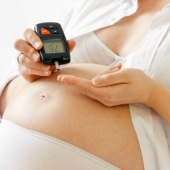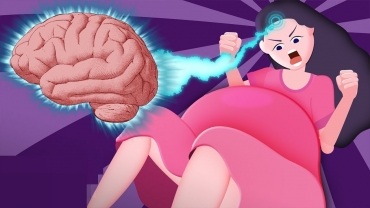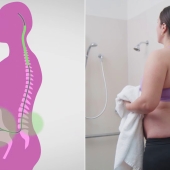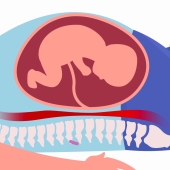If you’re pregnant with twins, a healthy lifestyle and good antenatal care will help you cope with your pregnancy and give your babies the best start in life.
Do I need to double my caloric intake during a twin pregnancy?
A common misconception surrounding twin pregnancy is that you need to double your caloric intake to provide your babies with enough nutrients. However, pregnancy nutrition guidelines aren’t simply based on the number of babies you’re carrying. Instead, they’re based on your body mass index at the time you became pregnant.
Your doctor will make individualized recommendations based on your starting weight. On average, it’s estimated that a woman’s caloric requirements will increase about 40 percent for a twin pregnancy. What’s most important, though, is that a woman eats as healthy as possible.
Will I need to visit my doctor more frequently?
While every pregnancy is different, most women carrying twins will have more frequent prenatal visits than women carrying only one baby. If your twins are sharing one placenta, you will automatically have a more frequent monitoring schedule.
If your pregnancy doesn’t have complications, your prenatal visits may not differ much from a singleton pregnancy until you get to the end of your second trimester. At that point, you’ll be seen more frequently because there is a higher risk of pre-eclampsia and preterm labor.
Are all twin pregnancies delivered preterm?
A little more than half of twin pregnancies end in preterm delivery (before 37 weeks). While 40 weeks is the full gestation period of the average pregnancy, most twin pregnancies are delivered at approximately 36 weeks (range 32-38 weeks depending on the type of twin pregnancy).
Unfortunately, preventing preterm labor with multiples is more challenging than with a singleton pregnancy because the interventions used with singleton pregnancies are not as effective with multiples.
Can bed rest reduce the risk of preterm delivery?
Scientific data show that bed rest does not prevent preterm delivery. In fact, bed rest can increase your risk of developing blood clots and have negative financial and social consequences.
Although bed rest is not prescribed as frequently as it once was, your doctor may suggest reducing your activity level if you’re showing signs of early labor at the end of your second trimester or early in your third trimester.













